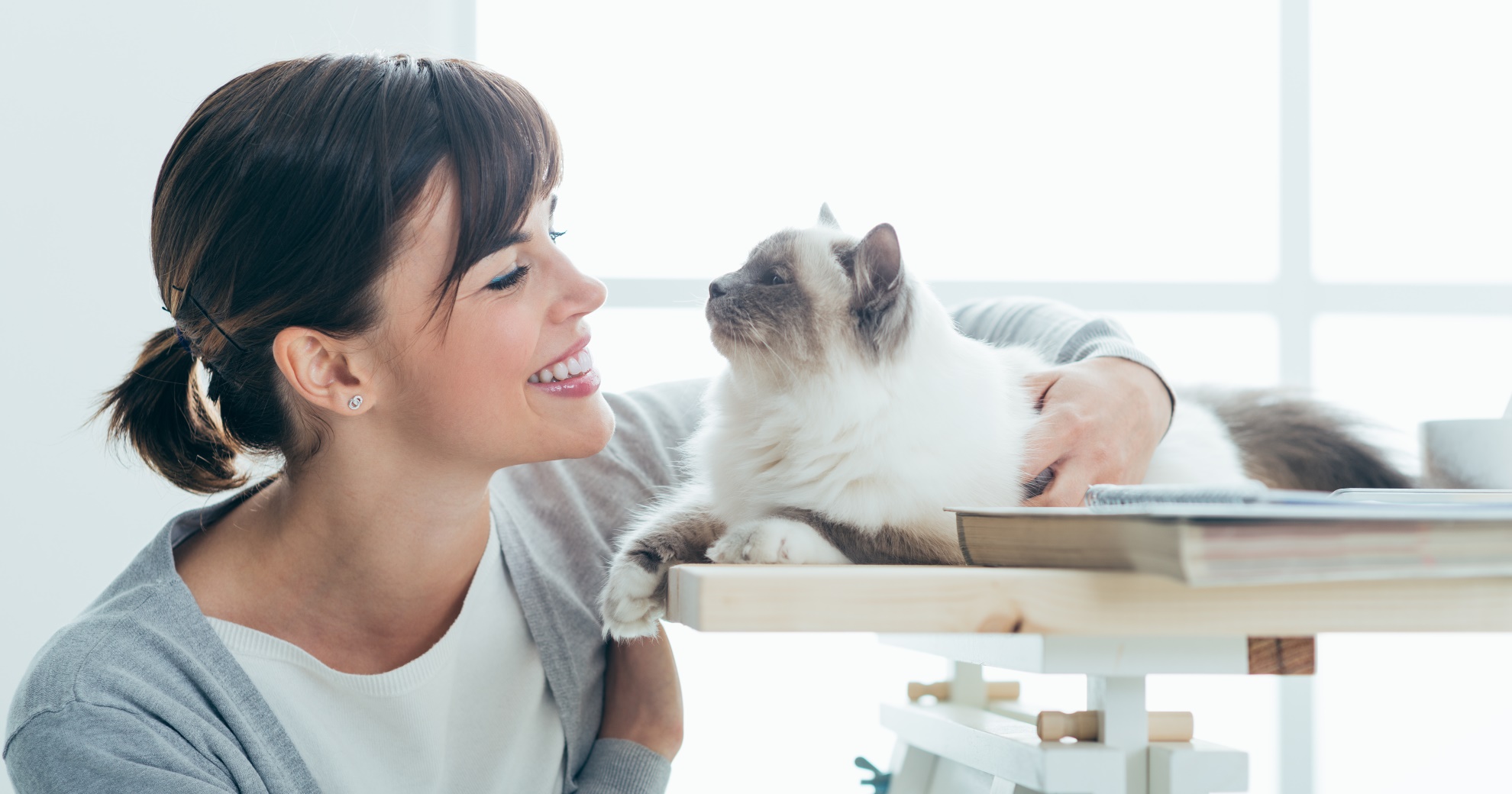HEALTH & WELLNESS

VOTING BOOTH

TRENDING

LIONS FOUNDATION OF CANADA DOG GUIDES
Lions Foundation of Canada Dog Guides and its founding program, Canine Vision Canada, was established in 1983. It’s the largest school of its kind in Canada with its training school in Oakville and breeding facility in Breslau.
Giving A Shelter Cat A New Family

Adopting a shelter cat can be a wonderful experience. Not only are you giving a loving home to an animal in need, but you are also gaining a furry companion who will provide you with love and companionship for years to come.
However, adopting a shelter cat comes with the responsibility of ensuring that the animal is healthy and protected against disease. One of the most important aspects of this is making sure that your new feline friend receives proper vaccinations.
VACCINATION
It isn’t widely known that the word “vaccination” comes from the Latin root “vacca”, which means “cow”. It was given this name by Edward Jenner who studied why dairy maids who had caught cowpox were spared the often deadly and disfiguring smallpox infection. This led to the practice of infecting people with cowpox germs through a tiny wound in the skin to stave off the much more severe disease.
Three centuries later, the technique has become an essential part of almost every healthcare system. They protect us and our loved ones from a variety of potentially fatal illnesses.
In cats, these include:
- Feline leukemia virus – FeLV is a disease that impairs a cat’s immune system and can cause cancer. It is completely preventable.
- Feline immunodeficiency virus – In infected cats, FIV attacks the immune system, leaving the cat vulnerable to many other infections.
- Rabies – Rabies is a viral disease that causes encephalitis (inflammation of the brain) in mammals. In humans, it is always fatal if not treated immediately. There is no treatment for animals.
- Bordetella – This is related to kennel cough in dogs but in cats the illness is caused by a different bacteria called Bordetella felis.
- Feline Herpesvirus Type 1 – FHV-1 is a virus that affects the upper respiratory tract and the eyes of cats. It is highly contagious and can be transmitted by direct contact with infected secretions.
- Panleukopenia – FPV or feline distemper is a highly contagious and potentially life-threatening virus that affects the blood cells in the intestinal tract, bone marrow, and stem cells.
ADOPTING AN ADULT CAT
When you adopt an adult shelter cat, it’s important to find out which vaccinations the cat has already received. Most shelters will have already given the cats in their care their initial set of immunizations, but it’s still important to confirm this information with the shelter staff. If the cat has not yet received them, you will need to schedule appointments with a veterinarian to ensure that the cat gets the necessary shots. Adult cats also require regular boosters to maintain their immunity.
ADOPTING A KITTEN
When kittens are nursed by their mother, they receive antibodies from her milk that help fight diseases. Usually, weaning happens after eight weeks, and they get their first vaccinations around that time. A second vaccination is recommended three to four weeks after the first one, and some veterinarians suggest a third booster twelve to fourteen weeks later.
Of course, when adopting a shelter kitten or cat the adoptive parent has no idea about their new pet’s medical history. In such cases it is wise to act as if they have not been immunized and complete the regime from beginning to end.
It’s important to note that there can be a delay in the onset of some illnesses, so even if your new cat appears healthy, it’s crucial to ensure that they receive all of its vaccinations. Additionally, some vaccinations require multiple doses to provide full protection, so always follow your veterinarian’s recommended vaccination schedule to ensure that your cat is fully protected.
In conclusion, adopting a shelter cat is a wonderful way to provide a loving home to an animal in need. However, it’s important to remember that with this responsibility comes the need to ensure that your new furry friend is healthy and immunized. By doing so, you’ll be helping to safeguard your cat’s health and that of other animals around them.
Related Articles








